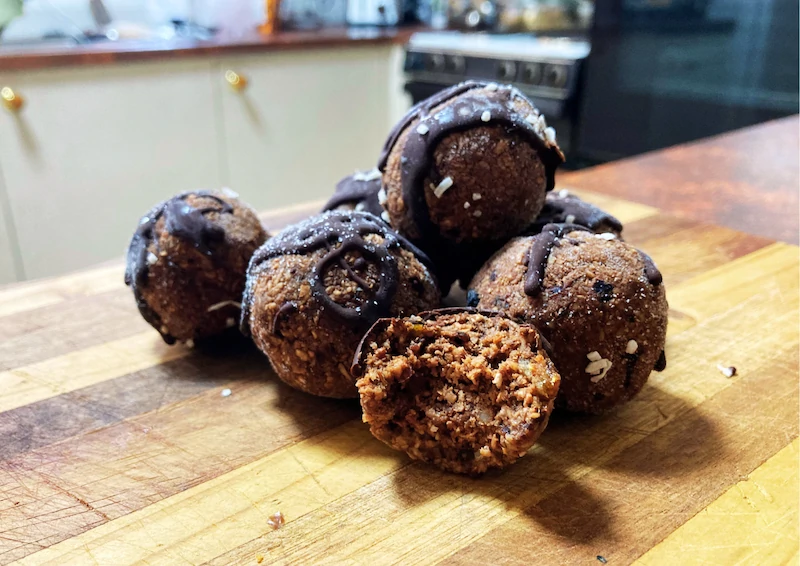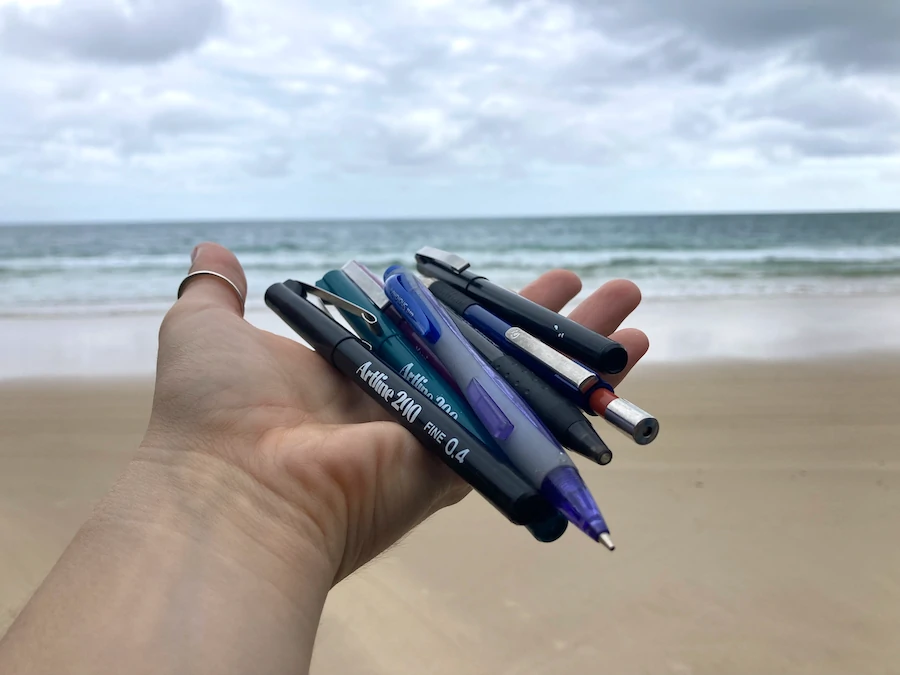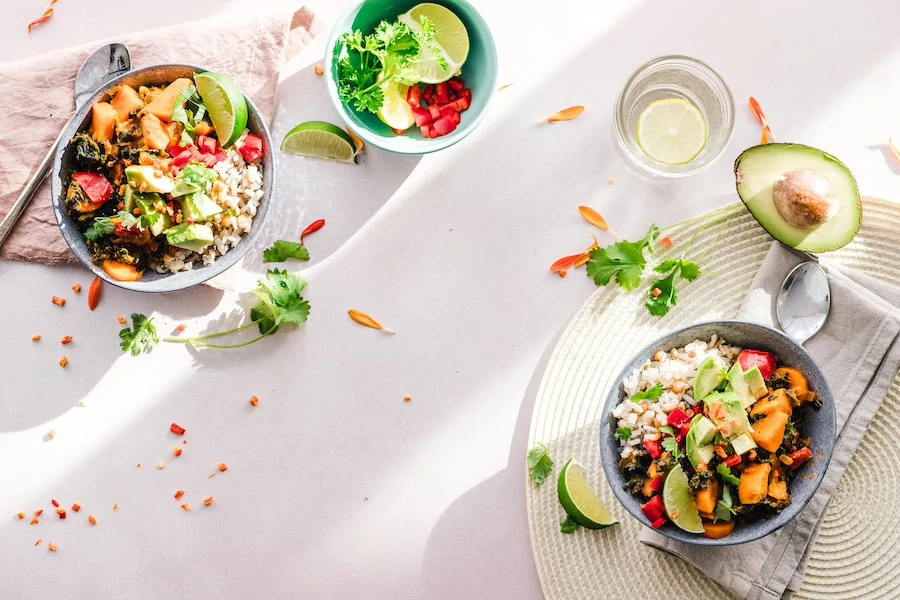Most of the time when I thought about buying new bed sheets, there was almost no other consideration other than cotton sheets. It’s just the way it’s always been, but I’ve realized that times have changed. Nowadays, bamboo sheets (and socks, shirts, etc.) are entering the scene, especially due to the increased awareness of using more eco-friendly products.
I don’t know about you, but I had no idea that there was a better, more eco-friendly alternative to cotton sheets. Bamboo is quite literally an all-around better fabric as well as a material for bathroom, kitchen, and general household items in terms of being higher in quality as well as having positive environmental effects. The more I’ve learned about the major upsides to using bamboo as opposed to cotton, the more I’ve replaced, reduced, and removed the cotton from my home.
So what makes bamboo sheets, and the fabric in general, so much better than cotton sheets?
Table of Contents
ToggleShould I Get Bamboo Sheets? Yes, and Here’s Why
1. Tough as Bricks
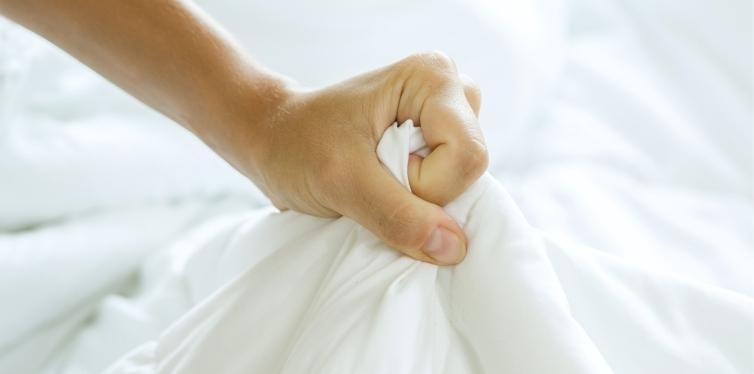
One of the most common distinctions between cotton sheets and bamboo sheets is that bamboo sheets are made from a much stronger, more durable fabric. This quality comes in handy when putting your bed sheets through the wash over time and also those roughhousing moments when children are jumping on their beds. When it comes to bamboo and cotton sheets in terms of durability, bamboo sheets win.
The reason bamboo sheets are so much stronger when compared to cotton is that the fibers that make bamboo sheets are longer and more strongly coupled. What this means is that there’s less chance that these fibers will split apart, resulting in a more durable fabric.
When it comes to cotton, the fibers are still fairly well coupled, but the problem is that they’re quite short compared to bamboo, making it a little weaker. This means that the cloth, in general, will wear down over time and rip more easily than bamboo.
2. Soft to the Touch
Having bed sheets, and fabric in general, that’s soft to the touch is always nice to have, especially when considering thread count. When it comes to bamboo, it’s much softer than cotton. There are, of course, some pretty famous types of cotton that are recognized as the more coveted, luxurious versions, more specifically Egyptian cotton sheets. However, the best bamboo sheets still come out on top in terms of softness.
Not only are bamboo sheets softer to the touch than their counterpart, cotton, but it’s also much cheaper in price. When comparing more luxurious fabrics, such as Egyptian cotton and silk, bamboo sheets are often both less expensive and softer. That’s a win-win!
Apart from the rest of the reasons to ditch Egyptian cotton sheets for bamboo sheets, the fact that it’s stronger, softer, and less expensive was already convincing enough to make the switch to bamboo sheets.
3. Absorbs 3 Times More Water
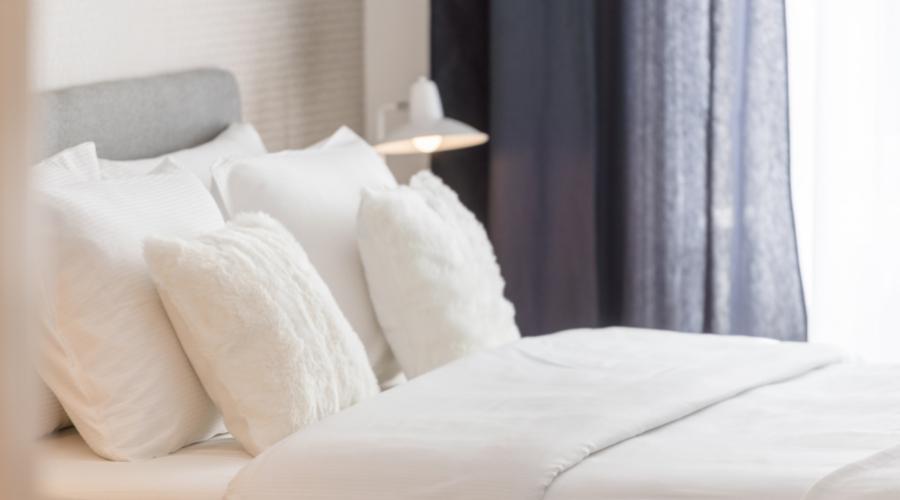
Feeling comfortable and dry underneath my bedsheets is one of the luxuries of life I now definitely take for granted. Nowadays, since I’ve moved my home entirely away from Egyptian cotton bed sheets and toward bamboo sheets, everyone in my house sleeps much better. A big reason for this is that bamboo sheets absorb three times as much water compared to their overall weight, which means a nice comfortable, dry sleeping experience.
When we sleep at night, our bodies actually sweat, which gets absorbed into our bedsheets, mattresses, pillows, and pillowcases. On top of that, the moisture in the air most definitely also gets absorbed into our fabrics, including our bedsheets.
The great part about bamboo sheets, in this respect, is that it’s 40% more absorbent than Egyptian cotton, resulting in them being able to more easily wick moisture away from our skin. Another great reason to ditch your Egyptian cotton sheets is for bamboo sheets.
4. Smells Better and Stays Clean
I don’t know about you, but whenever I go to bed I want to feel like I’m entering a cozy, warm, soft, and clean oasis where I can relax and feel my most comfortable. A huge part of that is making sure my bed is clean and stain-free, or else I don’t feel very comfortable. Well, one of the great qualities of bamboo sheets is that bamboo sheets are naturally antibacterial and antifungal, making your bed a germ-repellent zone!
Bamboo
And since our bodies batter the elements all day long, resulting in us bringing at least some of them into our beds, we
5. Breathe in the Air
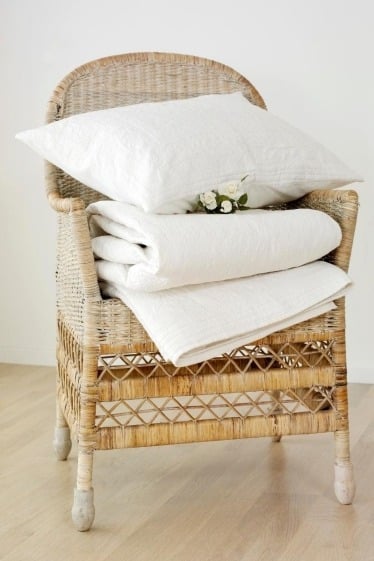
Being able to sleep during overly warm nights is always a challenge during the Summer. Luckily, bamboo sheets are extremely breathable, resulting in a better temperature equilibrium when being under the bedsheets.
Cotton is well-known for keeping in warmth more easily due to holding little air pockets that make it more difficult for air to escape from. I personally like that bamboo sheets are more breathable because I know I’ll have a fresher, more crisp sleeping experience.
One of the great parts about bamboo sheets being more breathable is that if your home is at just the right temperature, then you don’t need to worry about your bed sheets messing with your internal temperature.
If you and your house are at a good temperature, your bamboo sheets won’t interrupt that. I love this! I don’t know about you, but if I end up getting warmer in bed and start sweating a little, I’m instantly not comfortable.
6. Fast-Growing
We’ve mainly been talking about bamboo sheets specifically, but what about the bamboo plant itself? Well, one of the great qualities of bamboo, in general, is that it’s one of the most environmentally friendly materials in the world. As a matter of fact, it’s one of the fastest-growing plants in the world and has been known to grow multiple feet within a 24-hour period. That’s fast!
Why does this matter though? Well, the fact that bamboo is able to grow so quickly means that it’s highly renewable. As opposed to similar materials, such as Egyptian cotton and wood, it grows much faster.
The great thing about this is that we can make lots and lots of different products, especially bed sheets and other fabrics, while not adversely affecting the environment. I’m all for this because being able to contribute to a greener, more eco-friendly future means we’ll be able to pass on a better future for generations to come.
7. No Pesticides
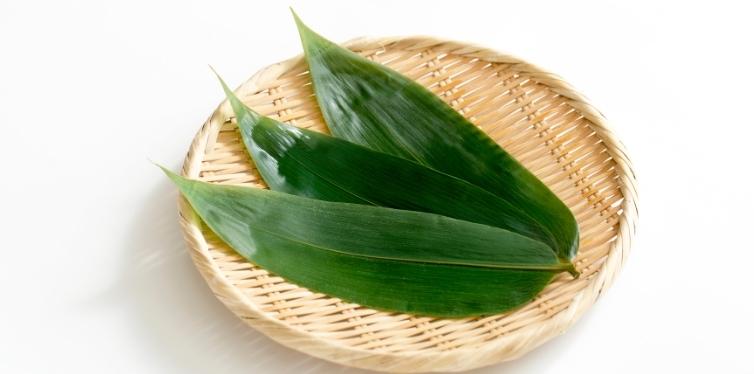
Another great quality when it comes to the best bamboo sheets is that it doesn’t require the use of pesticides to grow. As a matter of fact, bamboo is commonly mistaken for being a type of tree, but, in reality, it’s a type of grass, so it grows kind of like a weed. And since bamboo doesn’t need any pesticides to grow naturally, the plant has less of a negative impact on our planet in terms of pollution, especially chemical pollution.
Reducing the amount of pollution we contribute to the world should be a top priority and, thankfully, bamboo is a great material to help reduce these negative effects. Pesticides are notorious for polluting our soil, waterways, food, and fabrics, so choosing a more eco-friendly material is a step in the right direction.
Let’s face it, no one wants to think “Are all the pesticides gone from this fabric?” When you use cotton, this might be a problem. When you use bamboo, it’s won’t be!
8. Uses 30% Less Water
Using eco-friendly products is extremely beneficial to planet earth and makes more of a difference every day in modern times. One of the most polluted and limited resources we have on the planet is water, which is a requirement for the survival of every living creature on earth.
When growing bamboo, it actually requires 30% less water when compared to similar materials, allowing farmers to use that water for more important uses, like drinking water.
This is important not only because water is a limited resource, but also because water is becoming more and more polluted by the day. Think about it. We’re feeding our plants, which we use for all kinds of materials and food, water that contains pollutants followed by us interacting with these plants.
Well, those interactions include wearing and even eating these plants, meaning everyday people are affected by this. This is just another reason why you should ditch your cotton sheets for bamboo sheets.
9. Grows like a Weed
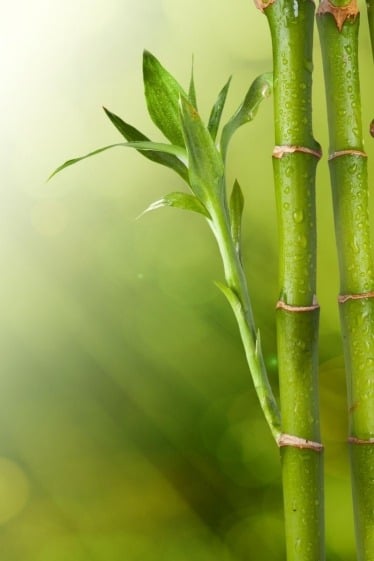
Now, we know that bamboo can grow quickly, requires no pesticides, and needs 30% less water in general, it can also grow in many different environments. In fact, it most commonly grows in Southeast Asia, Northern Australia, the Southeast United States, and Sub-Saharan Africa. With bamboo being such a resilient plant, I’m always curious why it hasn’t become more mainstream, especially with the rise of eco-friendly products.
When it comes to bamboo, it grows like a weed, so once it’s been planted in a certain region it starts to spread rapidly. The reason for this is that the roots spread widely underneath the ground, which, apart from easily spreading the plant around the area, has another positive effect of strengthening and fortifying the soil. As a matter of fact, it’s one of the best plants to help reduce and repair eroded soil. What can’t this plant do?!
Different Types of Bamboo Fabric
When it comes to the best bamboo sheets, it’s important to be aware of which types of bamboo fabrics are available and which ones are more eco-friendly than others. If you don’t care about the eco-friendliness of your products, then feel free to pick whichever type of fabric you like.
However, if you are interested in helping the environment with every new product you buy, you definitely want to be aware of the types of bamboo fabrics out there.
Viscose Rayon
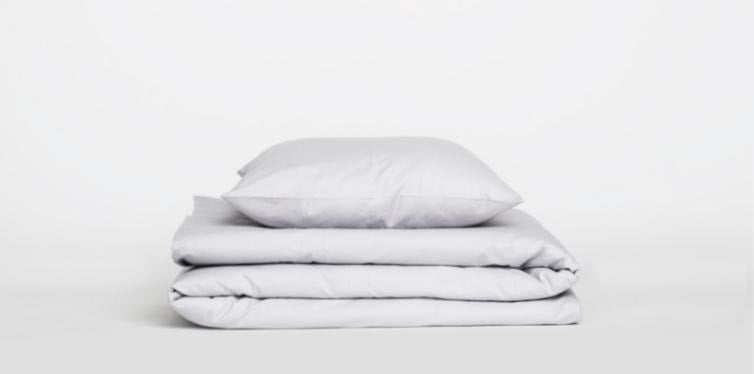
By far the most common type of bamboo fabric on the market is viscose rayon. While you get a lot of the positive qualities of fabric, like durability, softness, absorption, antibacterial, and breathability, you lose most of the eco-friendliness.
The reason for this is that the production process it goes through uses a lot of harmful chemicals that end up in our waterways and soil. To produce viscose rayon, the material must go through an intense chemical process involving the use of harsh chemicals such as sulfuric acid and sodium hydroxide.
As a matter of fact, the use of these chemicals is extremely harmful to the environment and people in general. Not only do they negatively affect the quality of the once-natural material, but chemical runoff from whoever manufactured the fabric is detrimental to local environments. Not exactly eco-friendly if you ask me.
Lyocell/Tencel
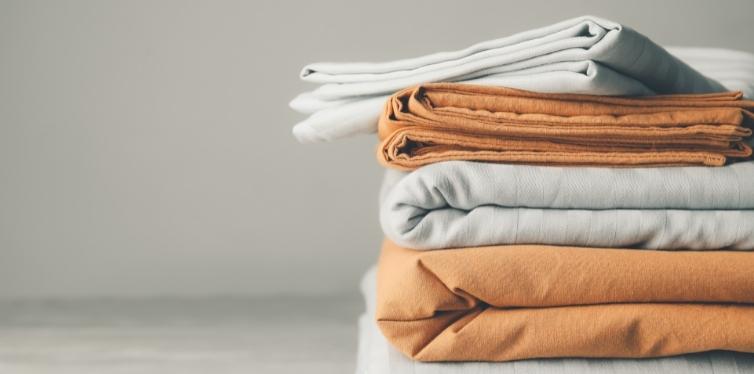
Arguably the best type of fabric that’s also much more eco-friendly is lyocell, which also uses chemicals to produce, but in a much more eco-friendly way. Interestingly enough, lyocell is normally made from eucalyptus plants, but it can also be made from bamboo.
The best reason for producing bamboo lyocell is that it’s a 100% closed-loop cycle, which ensures that all the chemicals, water, and everything else used to produce it is 100% recycled and contained. This means no leakage of bad agents into the environment.
Now you may have heard of Tencel, which is almost exactly the same as bamboo lyocell. In actuality, Tencel is a brand that looks, feels, and acts almost 100% like bamboo lyocell, but with some small differences.
While they’re processed almost exactly the same, Tencel can contain a mix of other fabrics, like Egyptian cotton and viscose rayon, and it can be about 20% to 30% more expensive when compared to other bamboo lyocell products. That means it’s potentially less eco-friendly due to the combination of mixed fabrics and it costs more in general.
Final Thoughts
By this point, I hope you have a good idea of why I’ve completely ditched all of the cotton sheets in my home for the more eco-friendly, more functional, and less expensive bamboo sheets. The positive effects it’s had on the quality of our sleep are easily noticeable, which has turned me into a huge advocate for bamboo sheets.
I also want to share with you that I’ve even started looking at other products I own that are made out of cotton to decide whether or not I’ll switch them over to bamboo. As you can imagine, there are a lot of options! I mean, just think of all the cotton products you own: pillowcases, pillows, towels, rugs, doormats, shirts, socks, sweatshirts, gloves, and probably a lot more I can’t think of at the moment.
Related Questions
Do bamboo sheets have a thread count? Bamboo sheets can typically be found with a thread count of 250 to 350. Bamboo sheets are known for being extremely soft and comfortable, especially when compared to cotton sheets. Bamboo sheets with a thread count of 250 have been known to feel better than cotton sheets that have a thread count of 1,000, while also being less expensive.

